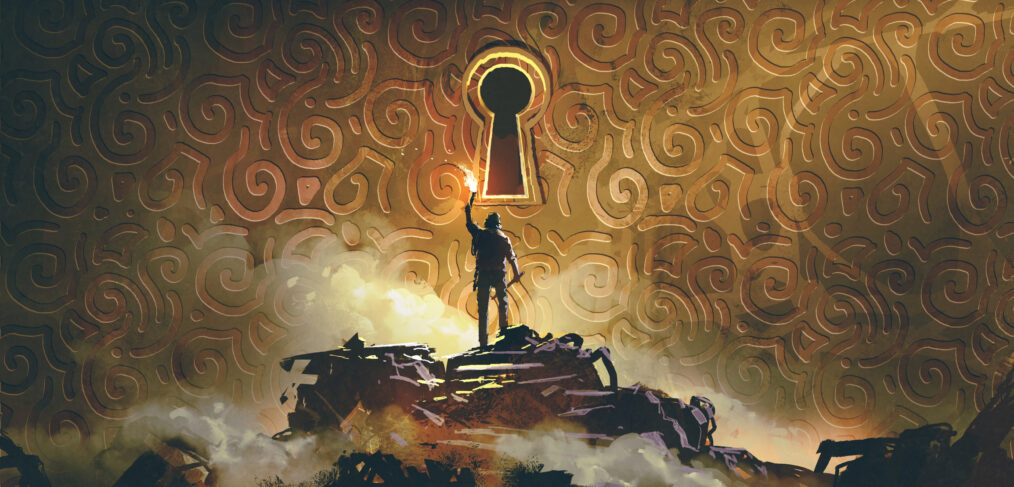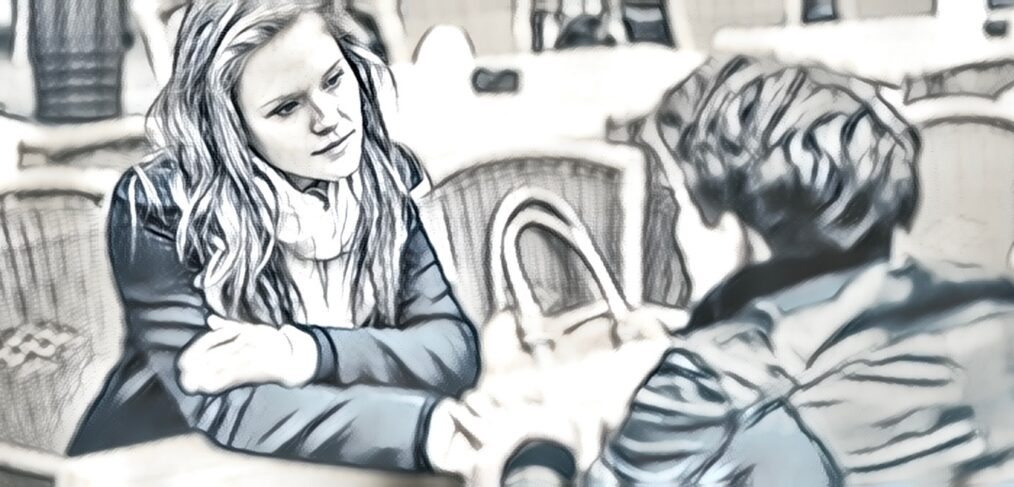What are your strengths? One would think that people know what they’re good at, but as you figure this out, you may hit many bumps and curves along the way. You may also go through periods where you feel you haven’t discerned your strengths and may never figure it out. Somehow, college kids are expected to know what they want to do with their lives as they choose their major at 19! Most of us will try a few things until we find one we like and are good at. But we may continue to have lingering doubts about our choices. Is this my calling—what I want to devote my life to? We may feel like our life is “fine,” but we must keep looking. We have to find our niche.
Sure! Let’s go!
The people I enjoy being with the most have a sense of adventure about them. They are up for anything. It’s not only a willingness to explore the unknown and engage in new experiences—it’s also an overwhelming sense of optimism and enthusiasm. They’re an inspiration to me, but they’re also just fun to hang around with. They look at the bright side of whatever happens and don’t treat barriers or challenges as problems. They also have courage—courage to explore the unknown and to take risks—courage in the face of doubt. All of us have a range of opportunities every day—opportunities to try new things or to get to know new people—and some of these opportunities will involve risks. A sense of adventure doesn’t mean saying yes to every opportunity that arises or totally ignoring risks and responsibilities. It does mean being open to opportunities and open to the possibilities they present. It means saying yes to life.
How much time do you spend getting to know people? Not just what they did over the weekend and how their kids are doing, but really trying to get a feel for who they truly are and what drives them. Most interactions take place on a very surface level. We engage in small talk or interact on the basis of what we’re intending to accomplish, and the rest is often just minimal politeness. There’s nothing wrong with a pleasant passing of the time, but if we become closer with people, we might have deeper conversations and get to know them better. We can learn to guide our interactions based on that knowledge and those insights. However, unless we make a consistent effort to get to know people andincorporate that knowledge into our interactions with them, we aren’t taking advantage of opportunities for much more meaningful and rewarding relationships.
Throughout our lives, we have the opportunity to encounter an enormous variety of activities and experiences. Some may seem out of reach—either because we feel we’re not talented enough or because it would be too hard to become proficient. Maybe we feel we wouldn’t enjoy it or that it’s out of our comfort zone. But the fact is, these reasons are just excuses. We won’t really know if something is possible unless we try.Trying something doesn’t mean making a long-term commitment. We can try activities in the short term and see if we have an aptitude for it or if we enjoy it. On the other hand, we shouldn’t stop doing something without giving it a chance—it might grow on us or we might enjoy it once we get some experience and get even a little bit better.Ultimately, the more things we try, the more likely it will be that we will find our passion.
Each of us makes many choices every day. Some of them are commonplace (what will I have for breakfast?), while some are weighty (should I look for a new job?). All of our choices have consequences, some of which we know and take into account and some of which we’re unaware of or in denial about. It’s important that we understand why we make the choices we do (all of them) and the relationships between their potential consequences and our motivations. Our paths in life are driven by our motivations, and the clearer the pictures we have of what drives us down our paths, the better able we will be to sit squarely in the driver’s seat. It can be so easy to switch on cruise control and go wherever the road takes us based on what is visible through the windshield. But if we take the time to really understand where we want to go—what we want from life—and map out a route to take us there, we’ll be much more likely to make choices that are consistent with that path.





